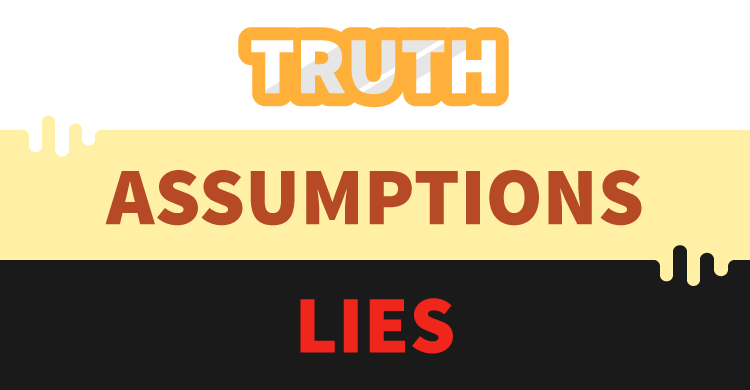This post is part of a series on In Praise of American Educators (And How They Can Become Even Better).
Truth
Education systems are a vital part of any high functioning society. They cultivate the future citizens of a nation and prepare them be to responsible citizens and skilled contributors to the future of a nation. The rise of the United States as a world power can be greatly attributed to its investment in the education of its citizens. Michael Fullan wrote in his book, The Moral Imperative of School Leadership (Fullan 2003)
“The best case for public education has always been that it is a common good. Everyone ultimately has a stake in the caliber of schools, and education is everyone’s business.”
Citizens entrust their most treasured assets, their children, to this institution every day. The hope is that the professionals who greet their children daily are competent, concerned, and vested in their child’s success. So, there are four indisputable truths about school systems:
- They are valuable and vital institutions
- Their customers (students) are precious and important to their citizens
- Their support, practice, and performance are critical to a society’s present and future
- All children can learn at high levels and we have evidence that when schools adopt and implement good practice, all children thrive
Assumptions
I was taught at a very young age not to make assumptions, especially as it relates to critical issues and decisions. An assumption is defined as “a thing that is accepted as true or as certain to happen, without proof.” It should be a forgone conclusion that an institution that is so vital to the current and future function of a society would not rely on assumption. A profession that is so vital to a nation’s function should operate on fact, clear evidence, and common sense, right? Well, Richard DuFour forces us to rethink our logic when it comes to improving public schooling in his new book In Praise of American Educators. He identifies 7 Assumptions that cloud our judgement and skew our logic (DuFour 2015):
- Charter Schools will improve public schools
- Providing families vouchers to use public funds to send their children to other public or private schools will improve public education
- More testing means more accountability
- Intensive supervision and evaluation will lead to the dismissal of more ineffective teachers
- Value based testing provides schools with a valid way to reward effective teachers with additional compensation and dismiss ineffective teachers
- Merit pay will improve teaching and therefore improve schools
- Closing low-performing schools will improve remaining schools
These theories may appear logical to the uninformed, but Dr. Dufour attacks the faulty logic associated with each faulty assumption and clears the way for more logical discourse. If it is true that schools are important, it is also true that their development cannot be rooted in assumptions.
Lies
If assumptions are bad, lies are even worse. One of the founding principles of the American democracy was the belief that “all men are created equal.” So, it would be logical to assume that the public school system should be an agent of achieving that desired equality. But the data on student achievement, on multiple measures, demonstrates clearly that equality lies far off. These disparities are summarized in a term known as the Achievement Gap.
Achievement gap refers to the observed and persistent disparity on a number of educational measures between the performance of groups of students, especially groups defined by gender, race/ethnicity, language, disability, and socioeconomic status. The achievement gap can be observed on a variety of measures, including standardized test scores, grade point average, dropout rates, and college enrollment and completion rates.
My new book, entitled Overcoming the Achievement Gap Trap: Liberating Mindsets to Effect Change address lies associated with the Achievement Gap and how they perpetuate and preserve long-term inequality. I explore two mindsets that clash and compete for the attention and validation of public opinion. The first mindset is called the Superiority Mindset. This lie seeks to convince those who benefit from the gap that disparities are normal and certain groups of students under-perform because they are victims of natural flaws and some groups thrive because they come from good pedigree. The second mindset is called the Victim Mindset. This lie seeks to make those who are victims of the gap that they are victims of a mass conspiracy beyond their control, and that the oppressors are the architects of their misery and they are powerless to be agents of their own ascension (Muhammad 2015).
Until we recognize that all human beings can grow, learn, and thrive, we will ignore the truth, entertain the assumptions, and accept the lies. I appeal to the entire educational community to embrace the truth, and work to make our society a better place for our children and future generations to come.
[author_bio id=”31″]







Looking forward to Rick and Anthony’s new books coming out shortly!! These will be amazing resources and knowledge builders that are sure to continue our pursuit of ensuring learning for all students! Always working to improve.